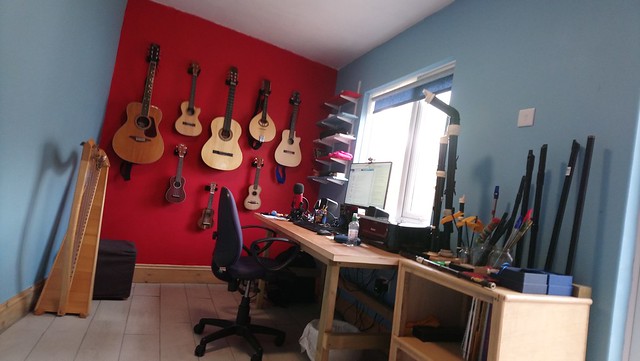In the north of England, particularly in Cumbria, the word tarn is used to refer to a small mountain lake. It is also apparently used in the USA, mainly in Montana, to refer to small mountain lakes or ponds.
According to Wikipedia, “a tarn or corrie loch is a mountain lake, pond or pool, formed in a cirque excavated by a glacier. A moraine may form a natural dam below a tarn.”
Tarn comes from the Middle English terne/tarne (lake, pond, pool), from the Old Norse tjǫrn (small lake, pond, pool), from the Proto-Germanic *ternō (a mountain lake without tributaries, watering hole, small pool), from the Proto-Indo-European *der (to split, separate, tear, crack, shatter) [source].
Words from the same Old Norse root include tjörn (pond) in Icelandic, tjørn (pond) in Faroese, tjärn (small forest lake) in Swedish, and tjern (a small forest or mountain lake) in Danish and Norwegian [source].
English words from the same PIE root include (to) tear, derma (the inner layer of the skin), and dermic (of or relating to the dermis or skin) [source].
Other words from the same PIE root, via Proto-Celtic, include: darn (piece, fragment, patch, part) in Welsh, darn (fragment, part) in Breton, and possibly dréacht (part, portion, draft) in Irish and dreuchd (job, occupation, role, function) in Scottish Gaelic [source].







